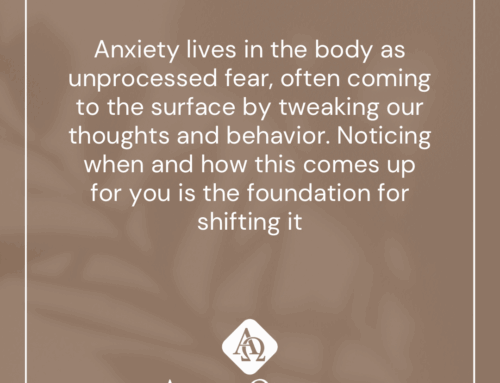Grief is something that touches us all at some point in our lives. It could be the death of a friend, loved one, or member of our community. It could also be the end of a relationship that has been permanently ruptured. Either way, loss is an inevitable part of the human experience. Today we’re sharing some information to help you better understand the mourning process.
While there are multiple valid ways to conceptualize this process, I prefer a task centered approach because it can empower mourners to take an active role in adapting to their loss. Many people feel passive in their grief, as if they must simply endure (or push away) the pain. Focusing on tasks as a way to move through the pain can be an antidote to the helplessness commonly experienced by mourners.
Task 1: To Accept the Reality of the Loss
- Includes intellectual and emotional acceptance, especially when triggered by normal activities that highlight the loss
- Takes time and can be facilitating by participating in traditional rituals such as funerals, prayers, and talking about the loss
Task 2: To Process the Pain of Grief
- Everyone responds to loss differently and the intensity or type of emotion may vary from person to person.
- There are no “right” emotions with grief, all are welcome and need to be processed
- Allowing yourself to experience the emotion is crucial for processing and is best done with a supportive other/safe support group
Task 3: To Adjust to a World Without the Person
- There are three areas of adjustment: how the loss affects everyday functioning, how the loss affects your sense of self, and how the loss affects your beliefs, values and assumptions
Task 4: To Find an Enduring Connection With the Person in the Midst of Embarking on a New Life
- Creating a balance between remembering the person and living a full and meaning life even if things will always be different
“The Lord is close to those who are broken-hearted and saves those who are crushed in spirit” – Psalm 34:18
Want more ways to receive our content? Follow us on Instagram or Facebook or subscribe to our newsletter!
* The information provided is for self-enrichment and not intended to replace any necessary mental health treatment.
Warmly,
Jonathan Dixon, LMFT
Alpha Omega Team





